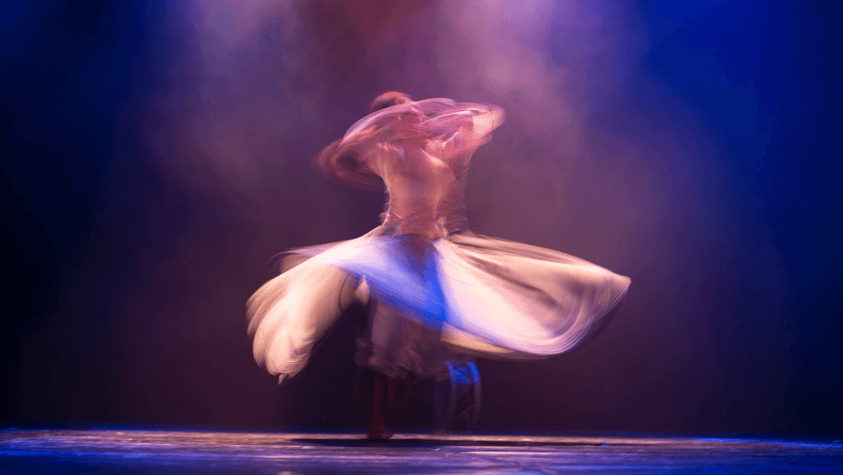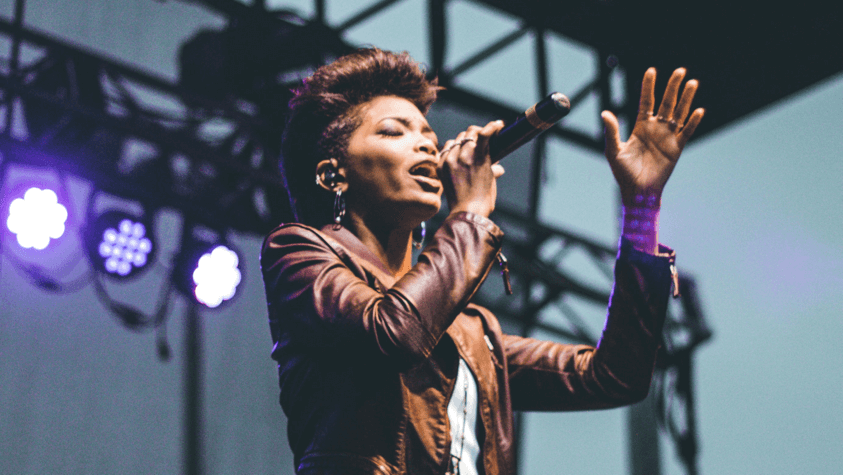Career Paths
Careers in Performing Arts
The performance arts industry is a huge and diverse field, offering many different opportunities for individuals looking to make a living through their creativity. From acting, to dancing, and broadcasting, there are a ton of career options for people who love to be on stage.











